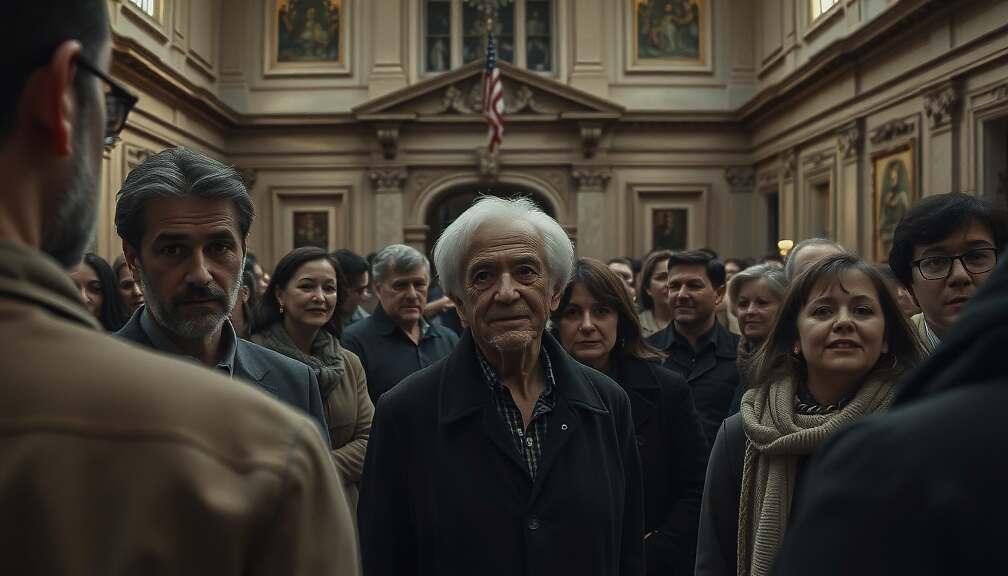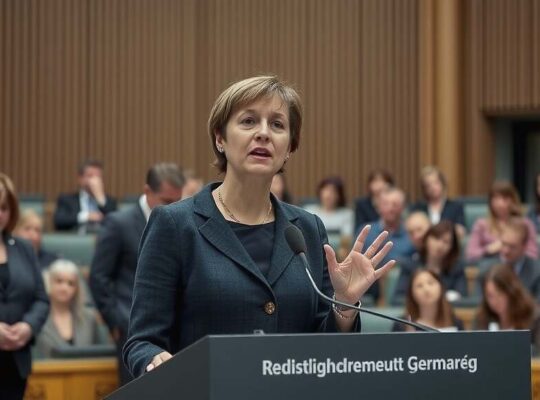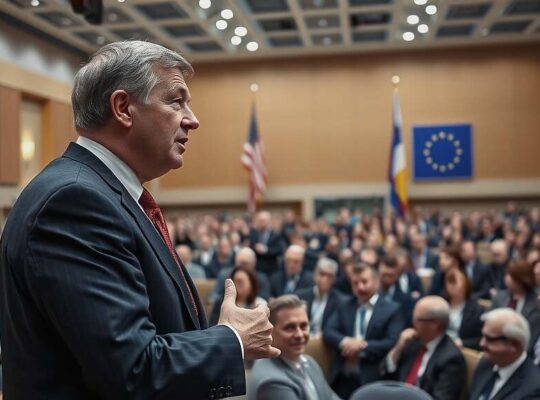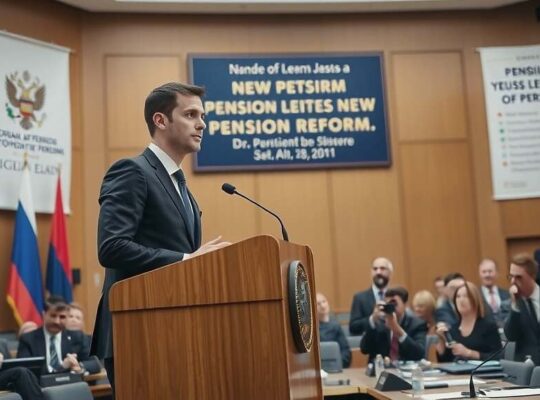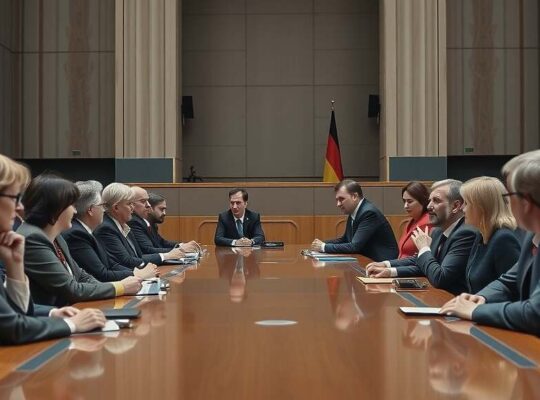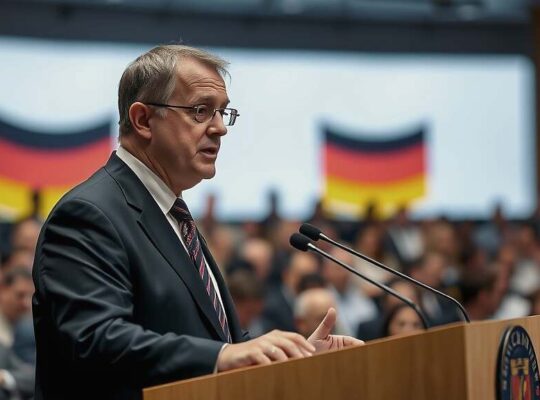The President of Germany, Frank-Walter Steinmeier, delivered a stark warning regarding the fragility of German democracy during a commemorative event at Bellevue Palace on November 9th, marking a day of profound historical significance. Reflecting on the tumultuous history shadowed by this date – the proclamation of the Weimar Republic in 1918, the Kristallnacht pogroms of 1938 and the fall of the Berlin Wall in 1989 – Steinmeier articulated deep concerns about the current state of the nation.
He highlighted a disturbing trend of populist and extremist forces actively undermining democratic institutions, poisoning public discourse and exploiting societal anxieties. “The taboo of openly espousing such radicalism no longer applies to many” Steinmeier stated, suggesting that the playbook of anti-democratic elements is proving disconcertingly effective. This observation underscored a growing unease amongst political observers about the normalization of extremist viewpoints within mainstream political debate.
The escalating levels of antisemitism following the events of October 2023 were another central theme of his address. Steinmeier emphasized that antisemitism, originating from across the political spectrum – right, left and even the center – and within the Muslim immigrant community, is inducing a climate of fear among Jewish citizens. He described a climate where Jewish parents feel apprehensive about sending their children to school, Jewish students face hostility and visibly Jewish men are targets of violence, painting a grim depiction of a community living in palpable anxiety.
Beyond the immediate threats to democratic institutions and the rise of antisemitism, Steinmeier also addressed the concerning resurgence of divisions between East and West Germany. He lamented the fading memory of the Peaceful Revolution and the difficulty in drawing sustained strength and encouragement from those pivotal moments.
Steinmeier made a direct appeal to German citizens, urging active and vocal participation in safeguarding their democracy. He rejected passive observation, imploring individuals to “get involved” across all facets of life – from parliamentary debates to local community engagement. “The preservation of democracy is the challenge of our time” he asserted, stressing that it can only be achieved through collective effort.
The President also touched upon the contentious debate surrounding a potential ban on the Alternative for Germany (AfD) party. While acknowledging that a party ban constitutes the “ultima ratio” of a democracy’s defense mechanisms, he cautioned against viewing it as a panacea. He acknowledged the necessity of a rigorous and ongoing political examination of the conditions under which such drastic measures might be warranted.
Ultimately, Steinmeier’s message underscored a broader call to action. He stressed that the crucial question isn’t solely whether the legal threshold for a party ban has been met, but how the political center intends to engage with those who reject democratic values. He challenged the moderate political forces to strengthen their narratives and firmly reassert the foundations of German democracy, demanding a more robust and actively engaged citizenry.


